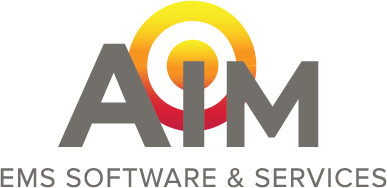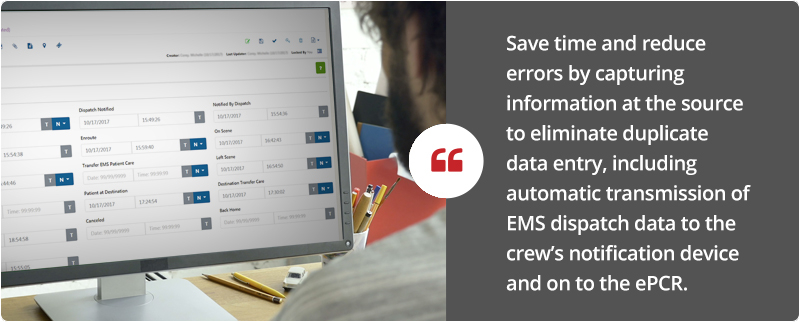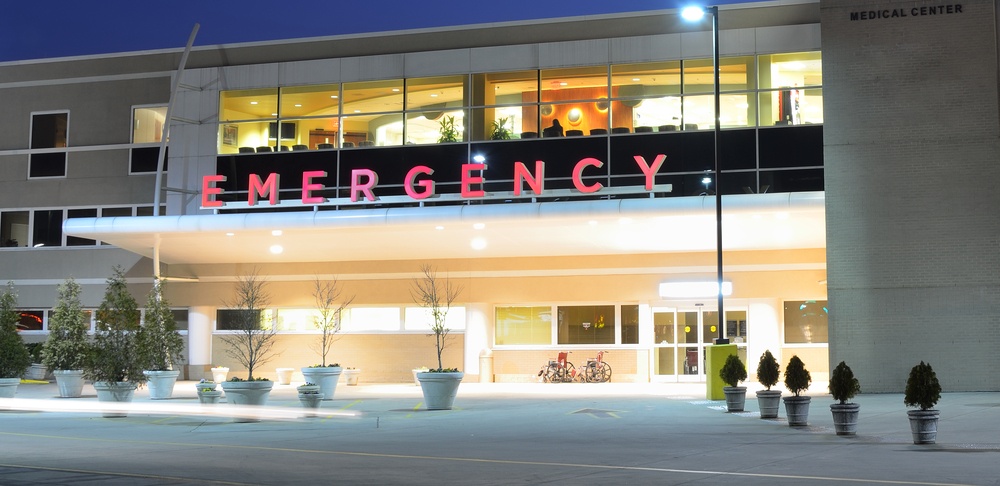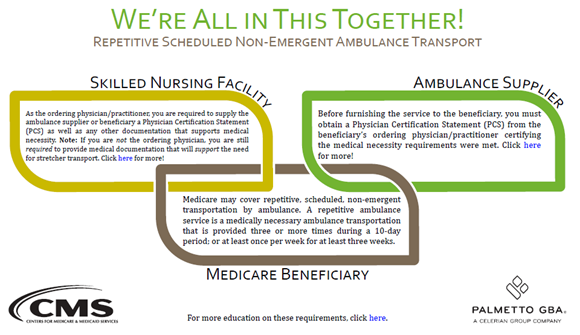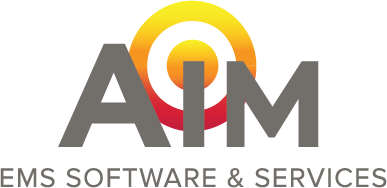How should an ambulance dispatch center handle operations and processes during a pandemic? Ambulance dispatch services are a central operation that must continue during any disaster, including the current day COVID-19 or coronavirus outbreak. As the pandemic continues, questions and uncertainties arise, including how ambulance dispatch center operations and processes should be handled. With ever-changing CDC guidelines, understanding the need for changes and compliance is key.

